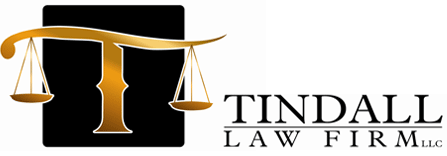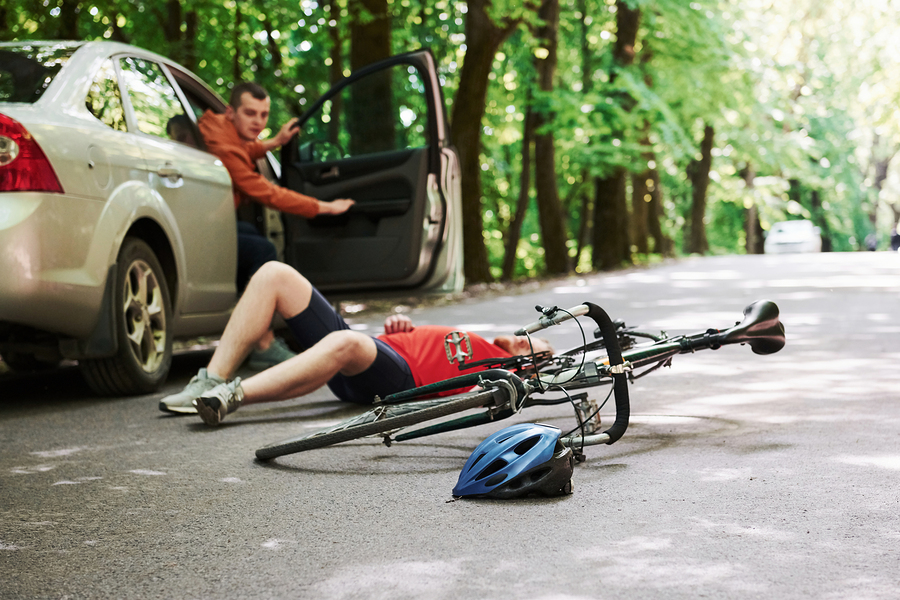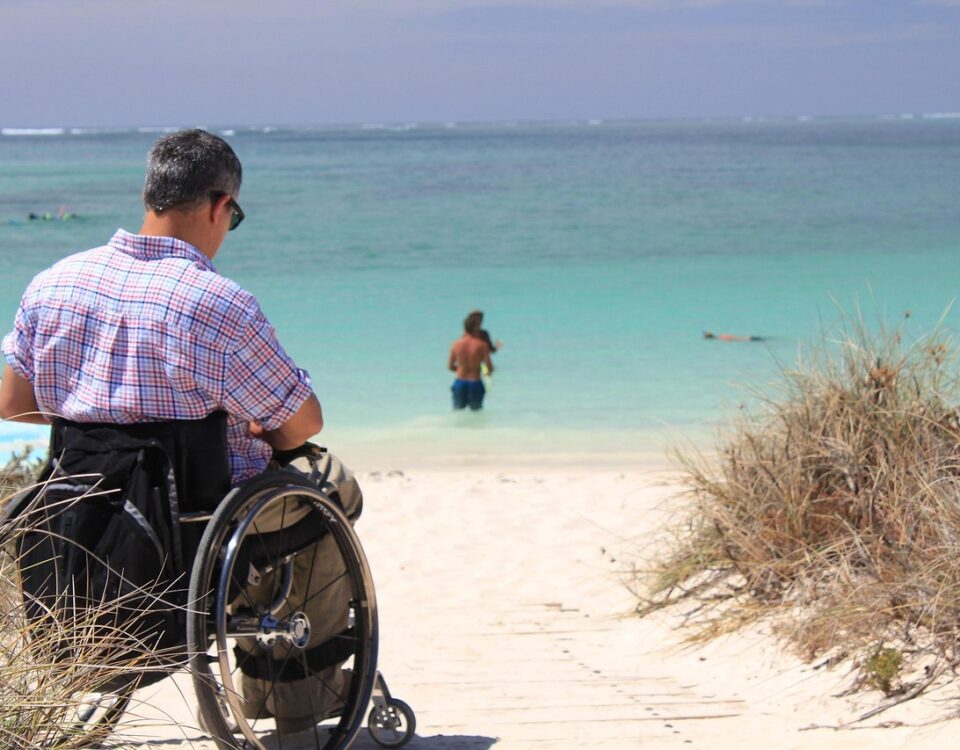Premises Liability in Connecticut
A Tradition of Excellence
 Sampling of Successful Case Resolutions
Sampling of Successful Case Resolutions
 Read our answers to some frequently asked questions.
Read our answers to some frequently asked questions.
Statement
 View Our Mission Statement
View Our Mission Statement

Injured While Walking or Biking? Here’s What You Need to Know
June 30, 2025
Understanding Comparative Negligence in Connecticut
August 5, 2025Premises Liability in Connecticut: What You Should Know If You’ve Been Injured
Accidents can happen anywhere—at a store, in a parking lot, at someone’s home, or even on a sidewalk. When they do, the property owner may be legally responsible for your injuries under Connecticut’s premises liability laws.
At Tindall Law Firm, LLC, we help injured individuals and their families navigate these often-complex cases. If you’ve suffered an injury on someone else’s property, it’s important to understand your rights and how the law works in your favor.
What Is Premises Liability?
Premises liability is a legal concept that holds property owners responsible for maintaining a safe environment for those who visit or use their property. If a property owner fails to fix or warn about a dangerous condition—and someone gets hurt as a result—they may be held legally liable.
Premises liability claims commonly arise from:
- Slip and fall or trip and fall accidents
- Unsafe stairways or handrails
- Wet or icy walkways
- Poor lighting
- Negligent security
- Falling objects
- Dog bites
- Broken or uneven flooring or walk areas
These types of accidents can result in serious injuries like fractures, back and neck injuries, head trauma, or worse.
Connecticut Law on Property Owner Responsibility
Under Connecticut law, the duty of care a property owner owes depends on the injured person’s status on the property:
- Invitees – People invited onto the property as a guest or for a business purposes (e.g., customers in a store). Owners owe invitees the highest duty of care, including regular inspections, warning of dangers, and prompt repairs of known and latent hazards that a reasonable inspection by the landowner would discover.
- Licensees – Social guests or others on the property with permission. Owners must warn licensees of known dangers that may not be obvious.
- Trespassers – Individuals who enter without permission. Property owners generally owe limited duties to trespassers, but cannot willfully harm them.
Connecticut also applies a “reasonable care” standard, meaning property owners must take steps that a reasonably prudent person would take to keep the premises safe.
Proving a Premises Liability Claim
To have a successful claim, you generally need to prove that:
- A dangerous condition existed on the property;
- The property owner knew or should have known about the hazard;
- The owner failed to fix or warn about the danger in a reasonable time; and
- You suffered an injury directly caused by that hazard.
Evidence such as surveillance footage, photos of the hazard, medical records, incident reports, and witness statements can all strengthen your case.
At Tindall Law Firm, LLC, we thoroughly investigate your accident and work to build a strong, fact-based claim for full compensation. We have enjoyed a great deal of success for our clients in premises liability cases.
What Compensation Can You Receive?
If your premises liability claim is successful, you may be entitled to compensation for:
- Medical bills
- Lost income
- Pain and suffering
- Emotional distress
- Long-term rehabilitation or therapy
- Permanent disability or disfigurement
Our goal is to recover every dollar you deserve and ensure you get the care and support you need to move forward.
What If You’re Partially at Fault?
Connecticut follows a modified comparative negligence rule. You can still recover compensation as long as you were not more than 50% at fault – the so called “51% rule.” However, your compensation will be reduced based on your percentage of fault.
For example, if you’re found to be 20% at fault and awarded $100,000, you would receive $80,000. We work hard to minimize any fault attributed to you and ensure your rights are protected.
Don’t Wait—Time Limits Apply
Connecticut has a two-year statute of limitations for most premises liability claims. That means you must file your lawsuit within two years of the accident or risk losing your right to compensation. However, certain governmental properties have special notice requirements that have to be filed properly within a period of 120 days, 6 months or 1 year. So you need to act on those cases in a very timely manner and seek the advice of an attorney to guide you.
Call Tindall Law Firm, LLC Today
If you or a loved one has been injured on someone else’s property, you don’t have to face it alone. The experienced legal team at Tindall Law Firm, LLC is here to help you understand your options, handle the legal process, and fight for the justice you deserve.
📞 Contact us today for a free consultation. We’re ready to stand by your side.










